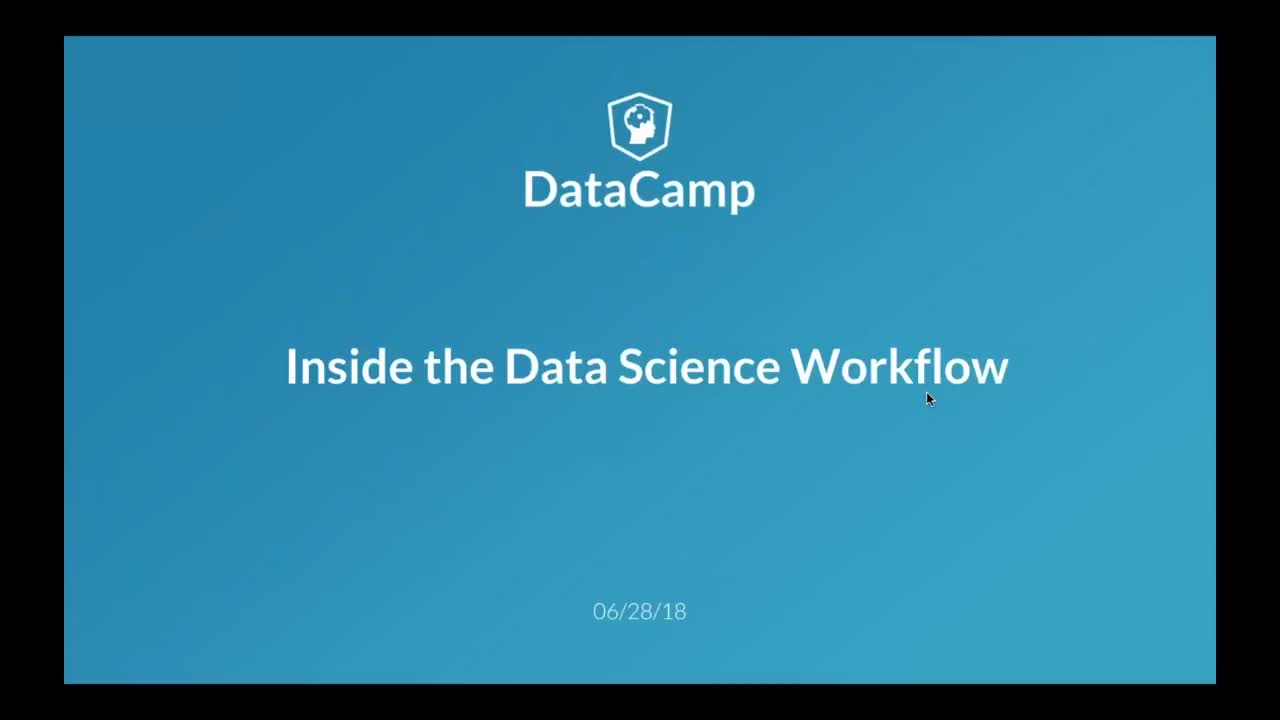Accéder au contenu principalPour les entreprises





Haut-parleurs
Formation de 2 personnes ou plus ?
Donnez à votre équipe l’accès à la bibliothèque DataCamp complète, avec des rapports centralisés, des missions, des projets et bien plus encoreConnexe
webinar
The Path to Data Fluency
Here's how to advance through the different stages of data maturity.webinar
Make the most of your organization’s data with business intelligence
Learn how to scale data insights in your organization with business intelligencewebinar
Building Data Fluency in an Organization
Dive into the value of data fluency in an organization and how to achieve it.webinar
Data Literacy in the 21st Century
Get the low-down on what it takes to be data-literate today.webinar
Democratizing Data Science at Your Company
Data science isn't just for data scientists. It's for everyone at your company.webinar
Train Your Workforce to Thrive in a Data-Driven Age
Develop a scalable data training program and measure its effectiveness.Join 5000+ companies and 80% of the Fortune 1000 who use DataCamp to upskill their teams.
Loved by thousands of companies

